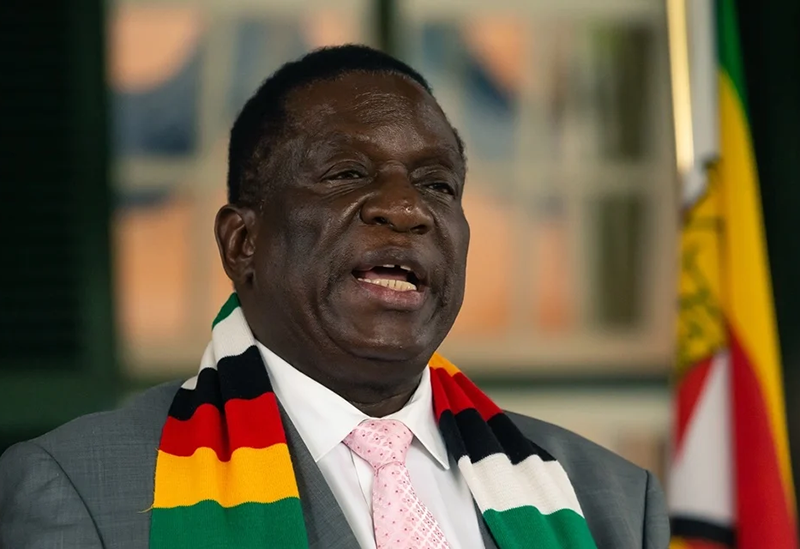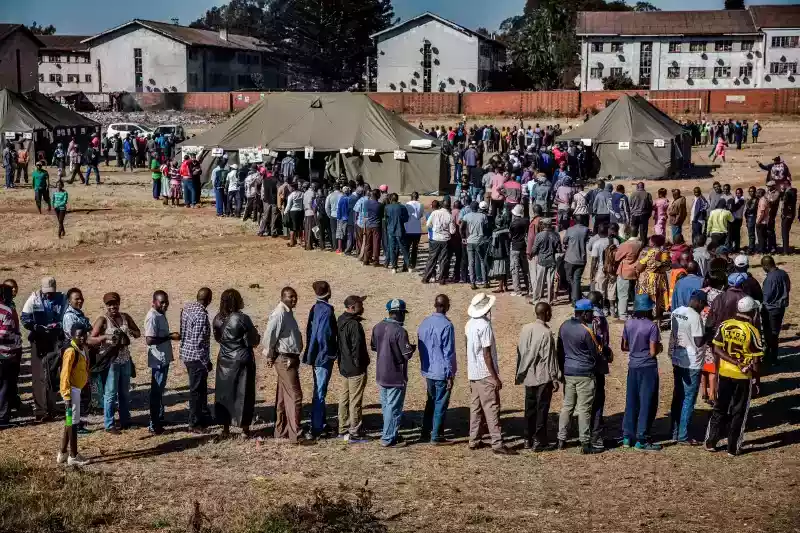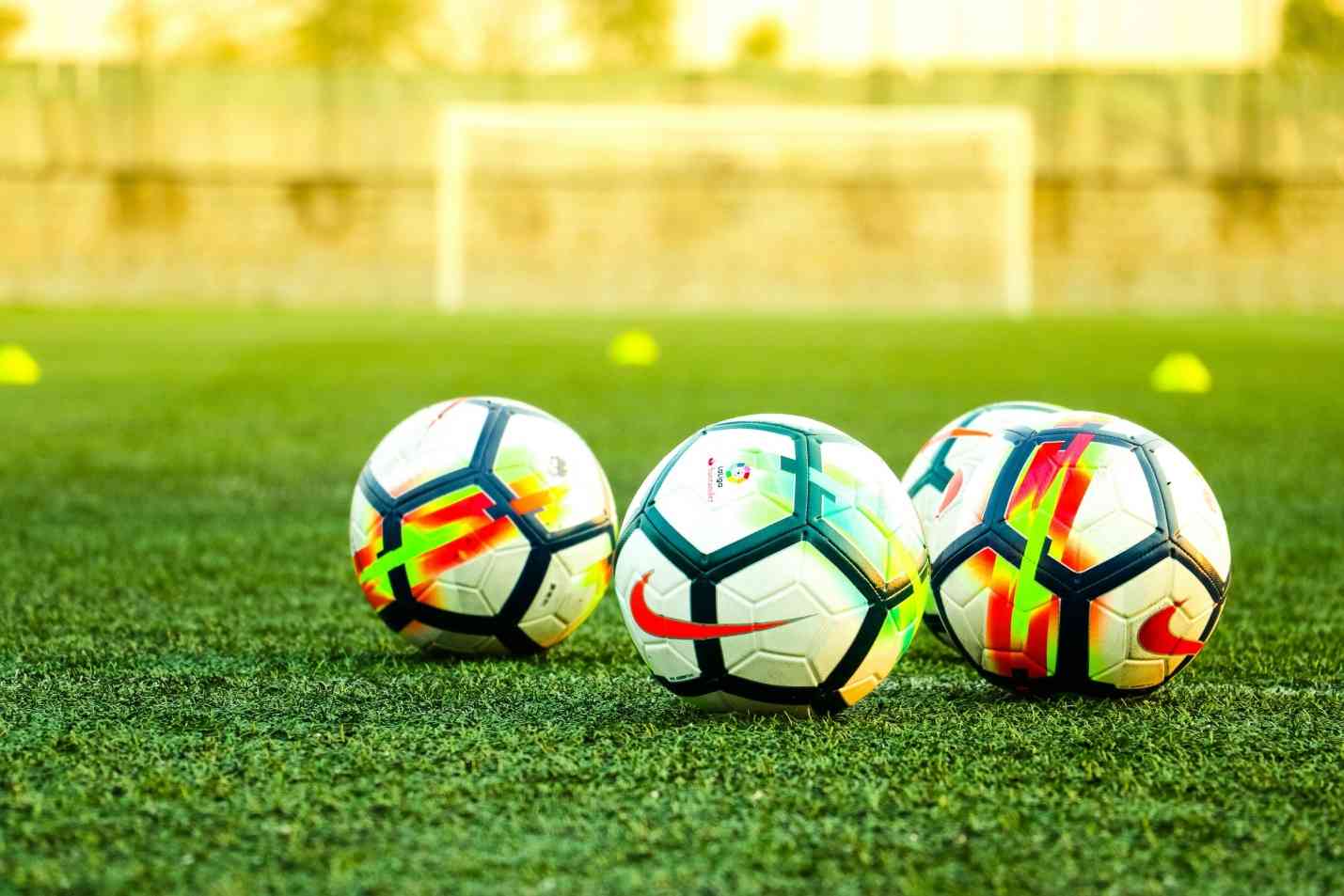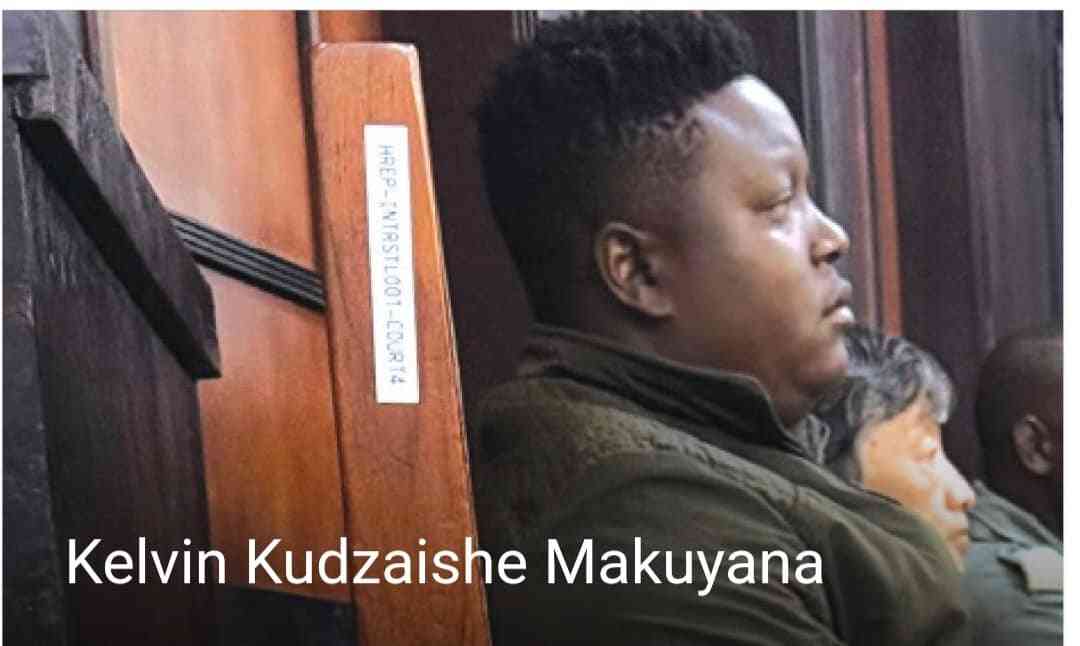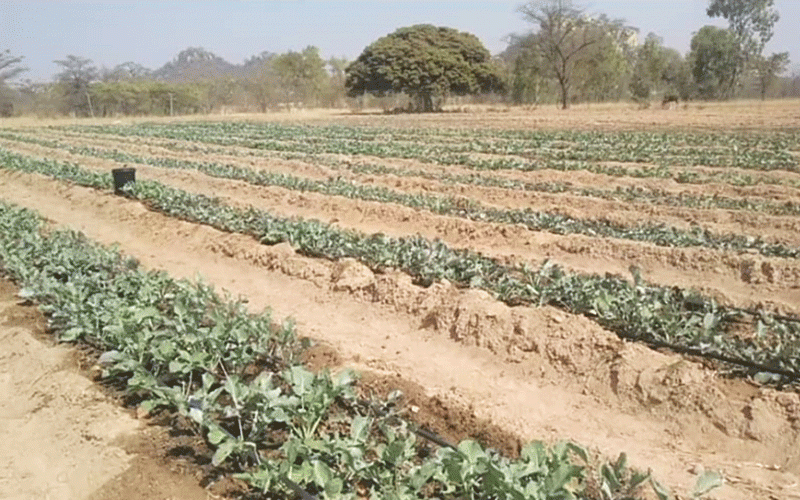
BY VANESSA GONYE
Disabled women, especially in rural set ups, aspiring to take up leadership positions are facing a double blow to their ambitions.
Barbra Nyangairi, Deaf Zimbabwe Trust executive director, said women with disabilities face double the challenges in politics than women without disabilities face.
She said women with disabilities, even within political parties and as voters, are not visible and there is a need to start from households to appreciate women with disabilities.
“Women with disabilities are less likely to receive quality education which also acts as a barrier,” Nyagairi said.
“They are not exposed to leadership positions in their communities. They suffer from stigma and marginalisation just generally the negative attitudes towards women with disabilities, more so for them to take up leadership positions.”
Deaf Zimbabwe Trust is working on a combined project, “with Women Academy for Leadership and Political Excellence (Walpe) in Mutasa, providing awareness to communities about disability, also strengthening the capacity of women with disabilities in leadership so that they can understand leadership.”
“We are also working with communities to also give a chance to women with disabilities to lead in community spaces such as schools development committees, Ward Development Committees, among others,” Nyangairi said.
- Chamisa under fire over US$120K donation
- Mavhunga puts DeMbare into Chibuku quarterfinals
- Pension funds bet on Cabora Bassa oilfields
- Councils defy govt fire tender directive
Keep Reading
Speaking to NewsDay Weekender on condition of anonymity, one aspiring disabled woman politician from Lower Gweru said they normally face barriers in their bid to take part in politics and leadership.
“Women with disabilities in the rural communities lack exposure and access to education. They are ruled by the patriarchal system to the core therefore they regard politics as being the men’s playing field just like they regarded ‘dare’ traditional council as mainly for men,’ the source said.
She said they also lack knowledge of their rights to participate in the political arena.
“Most women with disabilities in the rural areas are overshadowed by cultural beliefs regarding their various conditions therefore they tend to shy away from the public eye,” she said.
Article 6(1) of the Convention on the Rights of Persons with Disabilities (CRPD) recognises that women with disabilities are subject to multiple discrimination and requires that State parties take measures to ensure the full and equal enjoyment by women with disabilities of all human rights and fundamental freedoms.
Federation of Organisations of Disabled People in Zimbabwe (FODPZ) national coordinator, Elisa Ravengai said stigma, discrimination, invisibility and marginalisation, unequal opportunities, uneven playing field and negative perceptions are the other factors standing in the way of aspiring women with disabilities.
She said absence of a progressive legislation and policy that is inclusive as well as various barriers discourage and disempower them to enter this male dominated domain.
Ravengai said they make efforts to amend this and encourage more women with disabilities to carry on with their ambitions.
“We lobby and advocate for equal opportunities through self-representation in decision making, policy engagement, recommend appointees in leadership, build the capacity of people with disabilities through training and involve them in various national dialogues and community programmes,” she said.
An independent activist, advocating for the participation of disabled women in politics and other leadership positions, Nokutenda Muzuva said there is need to provide a more secure, safe and protected space for women with disabilities, who unlike their male counterparts, have to deal with being a woman first, before dealing with their disability in gaining ground on the political arena.
She said there is need to improve on that aspect as politics is a dirty game and there is need for a level playing field for aspiring women politicians in the disabled constituency.
“Women with disabilities are not fully represented,” Muzuva said.
“There is need for full representation so that real issues affecting them are brought up by people in the same predicament because at the end of the day no one can fully articulate a problem like someone experiencing it.”
She, however, said the media was playing its role in supporting the acceleration of disabled women in politics though the terms they use to identify persons with disabilities are somehow unfavourable.
The Southern Africa Federation of the Disabled in 2013 observed that women with disabilities form a special sector within the feminist movement and they deserve extra attention to ensure that their needs are catered for.
Political representation of persons with disabilities has been clarified and concretised by the constitution which provides that the parliamentary senate shall consist of two representatives for persons with disabilities.
Walpe programmes manager Batanayi Gwangwawa said they were running projects with young disabled women and girls so as to empower them to fund their political ambitions.
“Each programme we embark on has to have a 10% representation of people with disabilities. We teach them a lot of things associated with leading campaigns,” Gwangwawa said.
“We also have a social entrepreneurship program where we hand out income generating project seed funds so they use the monies they get from the projects to fund their campaigns because one of the main factors that prohibit women from participating in politics is lack of an economic means.”
Dzikamai Bere, Zimbabwe Human Rights Association executive director, said there was need to intensify action on local governance, so as to dismantle the pillars of exclusion and create a new culture of respect for diversity and inclusion.
“This has to be hinged on our founding values and principles as outlined in section 3 of the constitution which talks among other things of the recognition of equality of all human beings,” Bere said
“At the second level is affirmative action. Taking deliberate steps to ensure that women disabilities are brought into positions of leadership, their successes documented and planted back into civic education as evidence of their value and capacity.”
A position paper by the Zimbabwe Electoral Support Network stated fear of violence as one of the reasons why people with disabilities, women included, could not take part in politics, mainly leadership roles.
- Follow Vanessa on Twitter @vanessa_gonye

